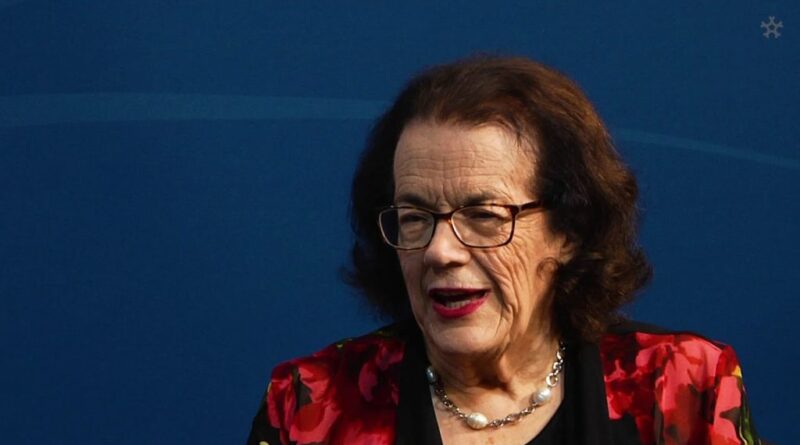New commissioner will focus on vexed issue of Indigenous children in out-of-home care

A national commissioner for Aboriginal and Torres Strait Islander Children will be established by the Albanese government, an initiative long sought by Indigenous advocates.
The commissioner will especially focus on the vexed issue of the high proportion of children in out-of-home care. Indigenous children are almost 11 times more likely to be in out-of-home care than non-Indigenous children.
Delivering the 2023 Closing the Gap Annual Report and the 2024 Implementation Plan, Prime Minister Anthony Albanese told parliament:
The National Commissioner will be dedicated to protecting and promoting the rights, interests and wellbeing of First Nations children and young people, as well as calling on their strengths, sense of hope, and ideas for change.
The Commissioner will address the unacceptable rates of out-of-home care. What it all comes down to is strengthening families and keeping children safe.
The government also announced $707 million for a new remote jobs program to deliver 3000 jobs, and initiatives and funding for remote training hubs in Central Australia, justice policy partnerships, Wifi services in remote communities and an expansion of the junior rangers program.
Asked whether the funding announced is new or old money, the government said the jobs and justice commitments were new dollars, with the Wifi and training from existing funds.
Albanese said after then-prime minister Kevin Rudd’s Apology to the Stolen Generations 16 years ago, only 11 out of 19 socioeconomic outcomes for Indigenous people were improving. “Just four are on track to meet their targets,” he said.
“What should give us pause is that outcomes have worsened for four critical targets – children’s early development, rates of children in out-of-home care, rates of adult imprisonment, and tragically suicide.” (This is from the Productivity Commission mid last year.)
He said the debate before the Voice referendum had “brought into sharp focus the disadvantage and inequality” of Ingenious people.
“This government remains determined to move reconciliation forward and seek better results for Indigenous Australians.”
Albanese indicated the government was still committed to treaty and truth telling which, with a Voice, were key elements of the Uluru Statement from the Heart. But he did not indicate how it would pursue them, saying simply “As we take the time needed to get Makaratta and truth-telling right, the work of treaty goes on at a state and territory level. There will be a diversity of processes, reflecting the diversity of First Nations across the continent.”
Albanese stressed the importance of listening to Indigenous people.
Canberra must be willing to share power with communities. To offer responsibility and ownership and self-determination. To let local knowledge design programs, to trust locals to deliver them and to listen to locals when they tell us what’s working and what isn’t.
That’s a culture change we have to drive – in this [parliament house] building, in the public service and across governments at all levels.
Opposition leader Peter Dutton again urged a royal commission into the sexual abuse of children in Indigenous communities.
Dutton, replying to the PM, said the findings of such an inquiry “would certainly support the work of this national commissioner”.
Dutton called for the specifics of the jobs program. “From which sectors, industries and employers will these jobs come? What infrastructure is or will be put in place to support these jobs?”

